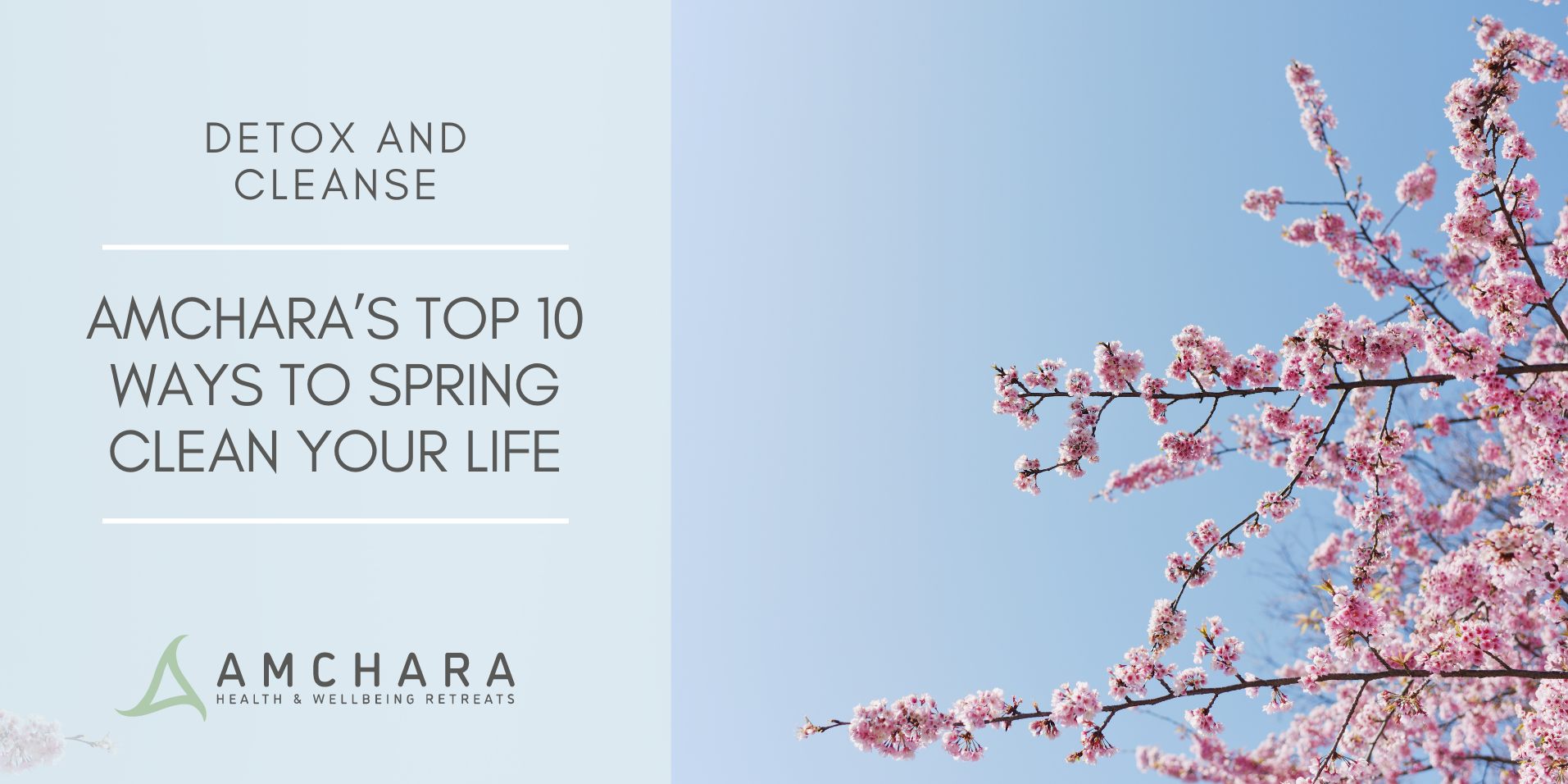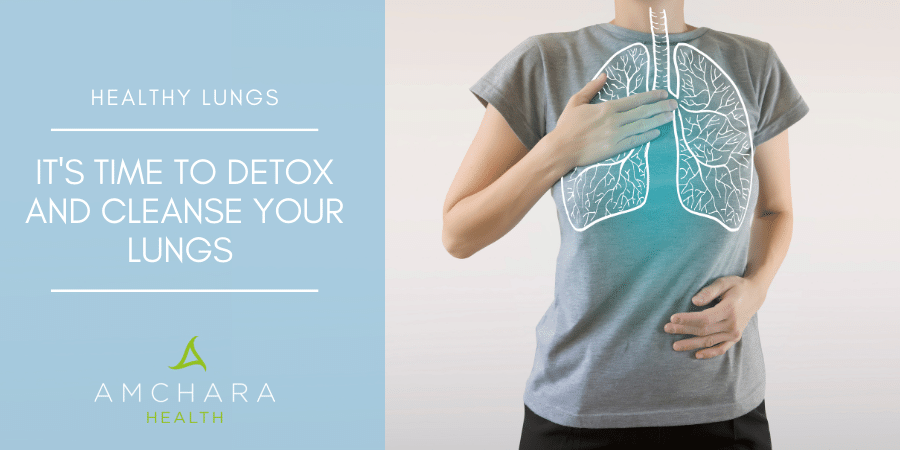Inflammation is a natural, beneficial immune response and defence mechanism that occurs when the immune system detects injury, damage or a foreign organism like a bacteria or virus. It plays an important role in helping to heal injuries, mopping up debris and defending against bacterial and viral infections. Essentially, inflammation is a necessary part of your body’s removal of debris, toxins and the overall healing process.
Our articles are always evidence-based, and orientated towards a holistic and Personalised Health approach; we aim to provide you with actionable knowledge and tips to help you on your journey to optimal health.
In this article, we will take a closer look at inflammation and what you can do to detox and naturally reduce inflammation in the body, and boost your overall health.
What causes chronic inflammation?
The inflammatory response involves many cells, proteins, tissues and messengers, and is responsible for ‘marking’ damaged tissue or pathogens, allowing the rest of the immune system to recognise and remove the problem.
Whilst inflammation is a natural part of the body’s defence systems, at the other end of the spectrum, chronic, prolonged inflammation is being increasingly recognised as being at the root of the development of many diseases.
Although most commonly thought of as a localised response (think of an injured ankle swelling up and becoming hot and red), inflammation can become chronic and involve the whole body.
Many different stressors can contribute to the development of chronic inflammation. These include poor sleep, environmental toxins, smoking, imbalanced nutritional intake, excess fat, and high stress levels.
Common symptoms experienced in chronic inflammation may include fatigue, headaches, muscle stiffness or aches and a general feeling of being unwell.
Over time, chronic inflammation can trigger your immune system to attack healthy tissue and organs in your body. When left untreated, chronic inflammation can increase your risk for the development of diseases and health conditions like diabetes, heart disease, cancer, rheumatoid arthritis, Alzheimer’s and asthma.
Your microbiome and inflammation
The complex eco-system that resides in the gut, called the microbiome, exerts many functions in the body, and not only communicates with the brain and influences neurotransmitter levels, but also plays a role in inflammation.
An imbalance of the types, or numbers, of organisms naturally resident in the gut, also called dysbiosis, may negatively affect the inflammatory process.
Many factors can cause disruption to the microbiome including poor food choices, stress, lack of sleep, chemicals and the use of some medication such as antibiotics.
How does detoxing reduce inflammation?
It can be almost impossible to remove all stressors from your life. But focusing on detoxification is an effective way to help your body reduce its toxic load, enabling you to cleanse and improve your body’s immune response, and so reduce inflammation.
How can you naturally reduce inflammation through detoxification?
1. Fasting
Your body is naturally trying to detoxify all the time via the main detoxification organs. Unwanted toxins are eliminated via the colon, liver, kidneys, lungs and the lymphatic system.
Fasting reduces the stress on the body’s detoxification processes, allowing it to naturally reduce your overall toxicity level. This process enhances the body’s repair and healing mechanisms, helping to restore optimal functioning.
Autophagy is stimulated by fasting – this is your body’s natural ‘housekeeping’ process, whereby old parts of cells are broken down and recycled, effectively protecting cellular function.
Fasting for 10-16 hours can enable the body to burn fat stores into energy, resulting in the release of ketones into the bloodstream, which can encourage weight loss and help reduce inflammation.
Scientific studies have shown that fasting for more than a number of days stimulates a healing process in the body via a reduction in oxidative damage and inflammation, optimisation of energy metabolism, and bolstering of cellular protection. When we fast, our cells change from ‘divide mode’ to ‘repair mode’.
Other health benefits of fasting include
- Weight management
- Improved digestion
- Regular bowel movements
- Reduces IGF-1 levels
- Reduces blood sugar levels
- Reduces blood pressure
- Reduces impact of oxidative stress
- Improves mitochondrial energy production
- Increases longevity as part of a healthy lifestyle
2. Juicing
Juice fasting is the choice to abstain from food for a period of days and instead consume healthy, vegetable based juices. Choosing to juice helps your body to pre-digest nutrients in the food, which increases absorption and gives your digestion a rest.
Having the fibre removed by juicing vegetables means that the pure goodness of the juice is easily absorbed by the body and all the beneficial nutrients are readily available to be utilised by the relevant cells.
Juice fasting, as well as other types of fasting such as light fasting, intermittent fasting, and water fasting, are all effective ways of helping reduce stress on your body’s digestive processes and enable you to kickstart many beneficial bodily processes, bringing health benefits such as autophagy and reducing inflammation.
3. Nutrition
The power of nutrition should not be underestimated when seeking to reduce inflammation.
Focusing on a varied, primarily plant-based diet, with an emphasis on a rainbow of fruit, vegetables, nuts, seeds and quality whole grains will help you ensure you are obtaining a range of nutrients, vitamins and minerals, to boost your overall health and support all the body’s systems.
Specifically anti-inflammatory foods include tomatoes, leafy green vegetables, fruits such as strawberries, oranges, and cherries – these fruit and veg are high in polyphenols and antioxidants – as well as extra virgin olive oil, omega-3 rich fatty fish, beans, pulses and nuts.
Avoid, or minimise, processed foods that are directly inflammatory such as red meat, sugary fizzy drinks and fried foods. Avoid refined carbohydrates, which include mostly processed grains and sugars, and have been stripped of vitamins and minerals – such as pastries, white bread, white rice, many breakfast cereals and cakes.
Refined carbs are typically high in sugar and so are processed quickly by the body, meaning they provide only a quick dose of energy, leading to blood sugar spikes, which can contribute to inflammation.
In a study on carbohydrate nutrition and inflammatory disease mortality in older adults, consumption of just 50g of white bread resulted in an increase in the inflammatory marker Nf-kB, which induces the expression of various pro-inflammatory genes, and higher blood sugar levels.
High consumption of processed and unhealthy foods can contribute to weight gain – excessive weight is also linked to an increased risk for inflammation.
Following the principles of eating plans such as Paleo, ketogenic, intermittent fasting, juicing, Mediterranean, and plant-based can help reduce overall inflammation.
4. Manage stress
Stress is a normal part of everyday life and the release of stress hormones, particularly cortisol, is designed to enable you to respond to a difficulty, triggering the ‘fight or flight’ response and impacting the function of many bodily systems, including digestion, cardiovascular and respiratory, as well as your central nervous and endocrine systems.
But prolonged stress can lead to excessive levels of cortisol, which impacts your body’s ability to regulate both the inflammatory and immune response – negatively impact your health and wellbeing.
Studies have shown that yoga may help to reduce anxiety and stress, as well as improving flexibility, balance and strength.
Take time for yourself every day to relax and manage your stress. Yoga, meditation, exercise, time in nature, reading a book, limiting screen time, and spending quality time with friends can all help you to reduce your stress levels.
5. Reduce toxic burden
Environmental toxins surround us. There may be hidden toxins in your home or workplace in the form of Volatile Organic Compounds (VOCs), used in many building materials.
Try using an air filter and a water filter to reduce your exposure to environmental toxins and heavy metals.
Electro Magnetic Field (EMF) radiation from mobiles and WiFi should be minimised as exposure to EMF can increase oxidative stress. Turn your wifi off at night at the router, don’t keep your phone in your bedroom. When you’re using your phone, use the speaker button for calls and don’t carry your mobile close to your body.
6. FIR Sauna
FIR stands for far infrared ray or radiation, and far infrared heat is thought to be very energising. Unlike a traditional sauna, the air in a FIR sauna stays dry and cool – it is your body that is heated directly, rather than the air around you. FIR saunas are renowned for eliminating toxins, stimulating metabolism, as well as relieving stress and pain, all factors to help aid detoxification processes and reduce inflammation.
7. Rebounding
Rebounding is a form of exercise that involves low impact bouncing on a mini-trampoline. The idea behind this is that it can stimulate your lymphatic system, increasing its circulation, and enhancing overall detoxification. You may want to start with 10-15 minutes and work your way up to 20-30 minutes.
Takeaway
To kickstart your health journey, why not come to Amchara for a relaxing health retreat?
Investing in a detox health retreat is a great way to kickstart your health journey, boosting your overall health. Our Personalised Health approach will help you, by taking into account your individual health status, needs and goals, and tailoring an approach accordingly to maximise the health benefits for you. Our mission is to help you ‘Change for Good’,
Or if it’s difficult to find time to get away, try Amchara Juicery – cold-pressed, nutritious juices delivered to your door to help you boost your health, naturally. Created by Amchara’s expert in-house health team, you can enjoy a range of fresh, organic juice cleanses (and super soups) at home.
You may also be interested in reading:




